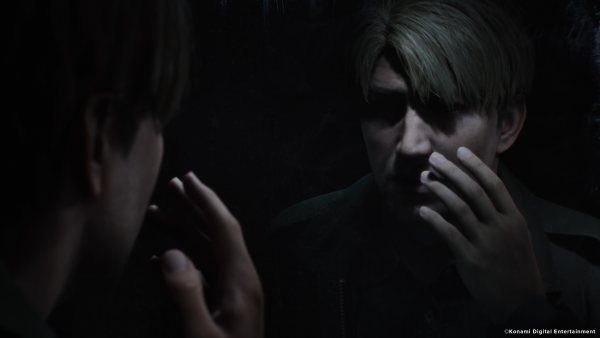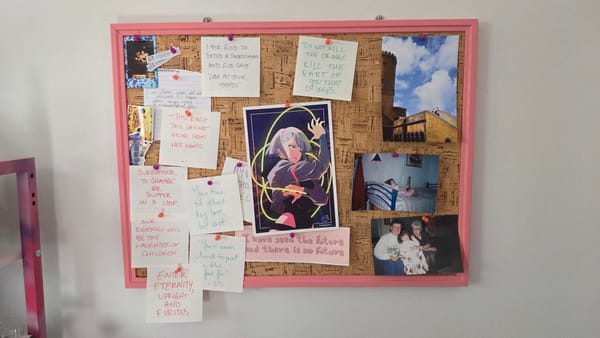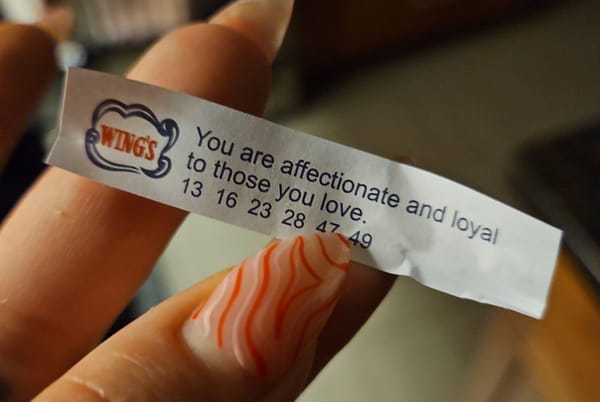Squeaky Clean
"I hope it hurts, hurts, hurts."
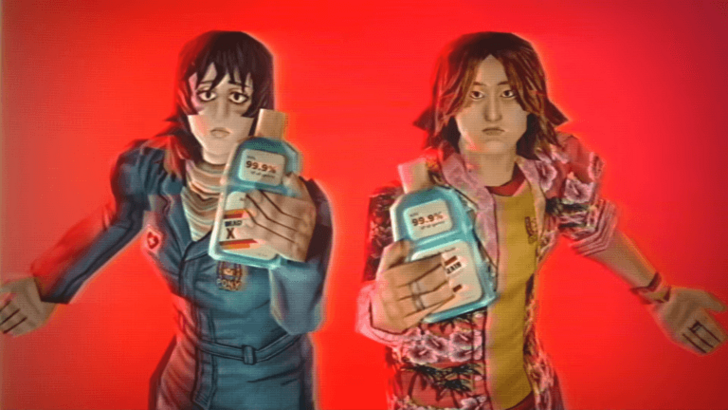
My favourite game last year was Mouthwashing; a strange, polygonal horror that takes about 4 hours to play through. It opens itself with a warning, a threat, a promise,
"I hope this hurts."
4 hours later, it really did hurt.
This game is designed to devastate, to make you writhe and roil in discomfort while pressing forward, desperate for something to finally make it all right. It is non linear and told through the perspective of a narrator you trust less and less as the game goes on. I think for women it dawns on them fast that you, Jimmy, the narrator, the eyes you are forced to see through, has raped the only woman on board – his, your coworker Anya. As the narrative unravels, hallucinatory and panicked, it comes to light that the former captain Curly, now wrapped in bandages, blue eyes begging for something awful, something like mercy, had been trying to keep the peace among his crew. He had good intentions, wanting to protect his crew and friend in a situation where doing both became impossible. He enabled Jimmy, shielding him from consequences only Curly could hand down so when the first hint of potential consequence reaches Jimmy, he crashes the spaceship the crew is manning in an attempt to alleviate himself of any responsibility, any accountability. When the crew survives, he kicks off the bloody and inevitable events that are the game Mouthwashing.
The Steam page for Mouthwashing makes no illusions of what kind of game you're in for. Selected screenshots and clips are manic, stylised and gruesome. The tags listed include "horror", "story rich" and "psychological horror". The page also includes a mature content warning provided by the developers themselves reading:
"Extreme violence, gore, mutilation and worse on PSX-style characters." The game costs 16.99 Canadian and a player will need a credit card to add it to their library.
The members of Collective Shout have never played this game and they want to make damn sure you never do either. The group, based out of Australia, has been pressuring payment processors into refusing to allow transactions for games like Mouthwashing in the name of "protecting women". It is intellectually dishonest to insinuate Mouthwashing is a game that condones rape simply because it includes it as a theme. They know this and they do not care. Their claim is that they "found" 500 games that included torture, abuse and other themes that apparently are not allowed to be included in art. They do not mention how these things are brought up in the game because they have never played them. They openly admit they relied on player generated tags to conclude what games are about. I don't doubt there are tags on over 500 games that point towards adult content, I do doubt that makes Steam home to 500 abuse simulators. Tags can be a good way for gamers to communicate themes and style to other community members, and they can also be used to troll and spam games with inaccuracies. It would not be hard for Collective Shout to put incorrect tags on a game they don't like and cry wolf, though I will say I doubt they even understand how Steam works as a community. These community generated tags are exactly why the 500 game claim came under scrutiny. Game journalist Ted Litchfield found that "those numbers do not add up [...] Counting up all "Removed" and "Retired" games on SteamDB since the 15th, I got 456 hits, but that includes double counts for most of the offending games (many of which were both "Removed" and "Retired"), DLC and demos for those games (also given the double-r treatment), and a number of unrelated games that were taken off Steam during this time." Removed and Retired are states that are exactly what they sound like: games that are no longer available on Steam, though they were once made available by developers. Some of these 456 games were R+R'd before Collective Shout came along because Steam was already implementing certain content standards and moderation to remove criminal and dangerous content. On their own site they boast about itch.io de-indexing "all adult content considered “not suitable for work’’, or NSFW, so the games can no longer be searched for online." Your personal life must now adhere to standards set for the workplace according to these cretins.
They do not care about games, expression or protecting anyone. They care about control and censorship and are using the trojan horse of protecting women and girls from upsetting content to begin to censor and silence queer people and their art. By coming after the payment processor, they are coming after the livelihoods of people who create art that makes them uncomfortable, a crime to them so heinous they would take your speech for it. They are trying to decide who lives and dies by their specific standards, which they openly admit are based around what is appropriate in the workplace. They are entitled, unimaginative and cruel. They put in no work to help women and girls who have been abused in real life, they simply want to make sure they are personally never made uncomfortable by depictions of it. God forbid someone make art about their pain.
As 404 Media notes, this is hardly the first time that censors have used dishonest data to try to censor the internet. In 1995 Marty Rimm, claimed that he surveyed 917,410 “sexually explicit pictures, descriptions, short stories, and film clips” online. This report was quickly skewered for poor methodology, noting that "[in] comparison with the claimed 917,410 “pornographic files” located on the adult BBSes, only 2,830 potentially pornographic images were found over a four-month period on the Usenet. In addition, out of the 11,576 World Wide Web sites examined in December 1994, Rimm found only nine Web sites (eight one-hundredths of one percent) that in his opinion contained what could be classified as R- or X-rated. Adult Visual Material. is thus blatantly misleading and irresponsible." Despite the poor quality of work presented by Rimm, Time published a piece taking the report at face value and added fuel to the moral panic fire. Later, the author Philip Elmer-Dewitt would express regret for publishing the piece as it quickly became a bludgeon wielded by extremist religious groups and hard line Republican senators who wanted to censor the internet according to their interests. Per 404: "Senator Chuck Grassley brought the July 3, 1995 Time issue to the senate floor for a hearing about the Communications Decency Act, which would amend the Telecommunications Act and hold internet service providers, including BBS owners, liable for any content transmitted that could be interpreted as "obscene, lewd, lascivious, filthy, or indecent." The Christian Coalition, a conservative grassroots political organization founded by Pat Robertson, also jumped on the report and used it to lobby for internet restrictions based on it." These legislations are designed to be slippery and vague, allowing censors to move the goal posts over and over as they tighten the reigns of speech to allow only media that reflects their extremism and their rigid views. These people have a violent desire for anyone different than them to simply disappear which is why whenever someone tries to draw a line in the sand, you cannot argue about where the line is. You must simply refuse the line. When you concede any ground to the censors, you make way for them to push the line further and further until there is no speech left to defend. You must fight even for art you don't like, find weird and strange. Censorship like this would mean no Mouthwashing, no Earthlings, no The Unworthy, no Prophet Song. The only people this censorship protects is the people who do the abusing, to silence critique and dissent, to never have to be confronted with the pain and havoc they leave in their wake. They storm through the world, insisting on moral superiority while ruthlessly causing harm to people who are simply trying to survive. It is hardly surprising to me no one at Collective Shout played Mouthwashing, they only need look in the mirror to find a narcissist who thinks the world should bend and warp to their whims.
I know Mouthwashing isn't the game for everyone, but it is a game for me and many others. In an interview about the game, writer Johanna Kasurinen spoke about the intentional exploration of cruelty and discomfort in the game:
"I can certainly get pathetically jealous. I can get insecure and self-pitying to a vicious degree. I can act aggressive and defensive in the moment, then regret it the next day. Those are the kinds of awful, clinging emotions I wanted to explore with Jimmy. I always want to be writing about uncomfortable things, about aspects of myself or others that I find distressing, shameful, contradictory."
Kasurinen wrote into the game the recurring theme of "take responsibility", a thing you narratively cannot do because Jimmy is incapable of seeing reality and the hurt he causes in a desperate bid to avoid his own failures.
"I hope certain people in the gaming industry play this game. I hope they see themselves. And I hope it hurts. I hope it hurts, hurts, hurts."
Hurt is important, hurt is human and to avoid it at all costs is to never better yourself, to never be honest with yourself and to forcefully flatten the world to fit your delusions. I know it hurts, I know the world makes you ache but that pain is the reminder that you care, that you are here and that your heart beats on, even when it breaks. I know it hurts, but that hurt makes everyone else more human. I know it hurts, but it tells us at our worst we are still never alone, the pain and the love affirming our collective humanity in equal measure.
I know it hurts, and I love you.
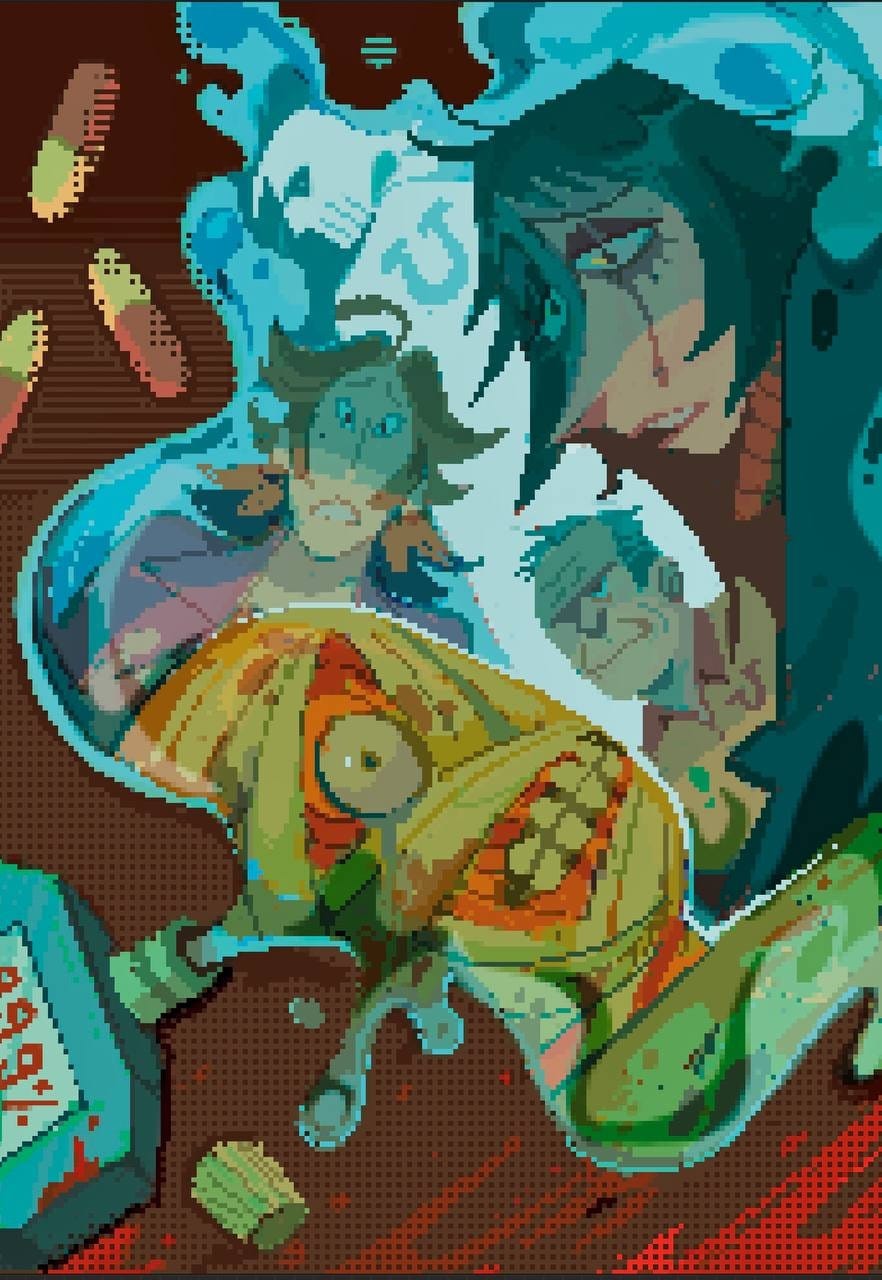
Apologies for being little late this week, friends – I was out watching beautiful sunsets in Georgian Bay as summer meanders to a close. This piece kept becoming also about AI, but I wanted to keep those thoughts somewhat separate, though they do dovetail nicely together. One last thing, if you believe payment processors shouldn't be restricting what people can be paid to make feel free to go here which includes petitions, contact information and scripts. Collective Shout claimed it took 1000 letters, I think that's an easy number to reach and is evidenced by itch.io re-indexing a lot of the games they originally removed. This isn't about art you like, it is about the fact that they will eventually come for the art you like.

